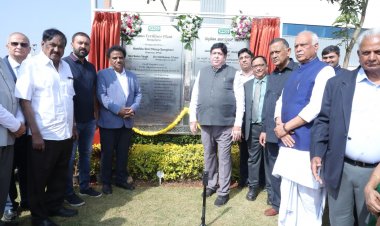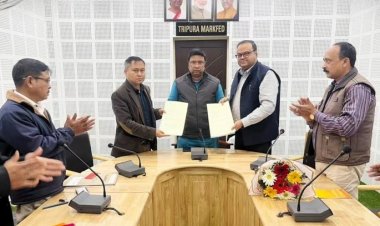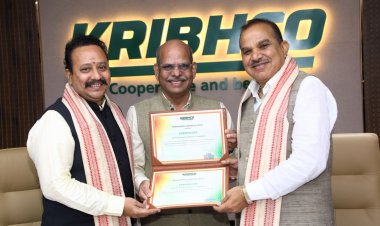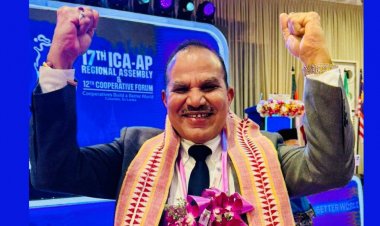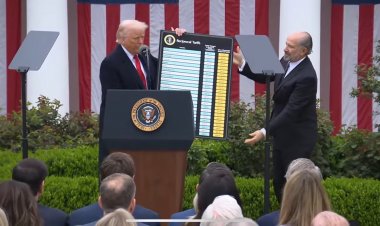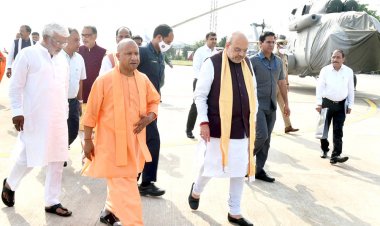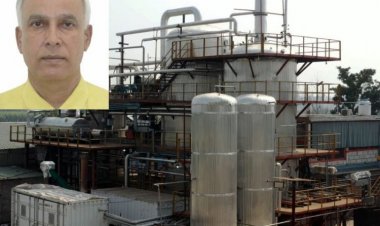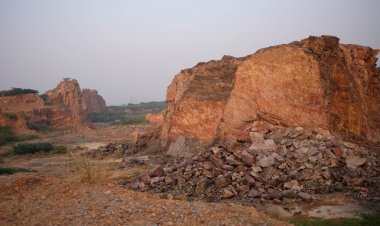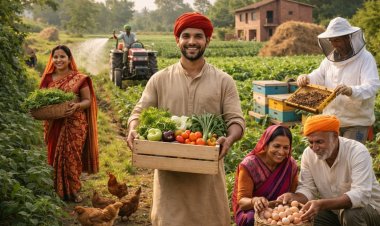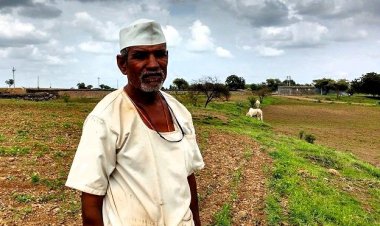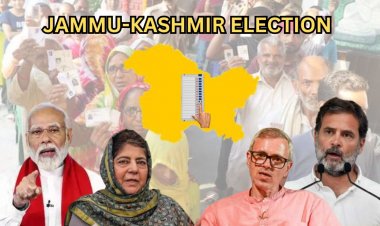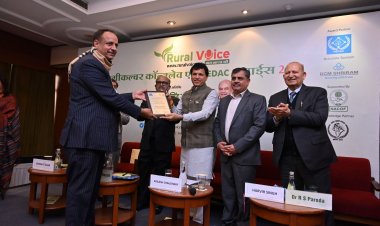“If you are making a policy for me, you should first ask me what I need”: DN Thakur
Dr. DN Thakur, President, Sahakar Bharti, spoke on “Enabling Policy Environment for Agriculture and Rural Sector” at the Rural Voice Agriculture Conclave and NEDAC Awards 2021 held in New Delhi recently. He is the former Deputy Managing Director of the National Cooperative Development Corporation (NCDC). Having worked for a number of years for the government in the field of agriculture and cooperation, he has a huge store of experience in the cooperative sector
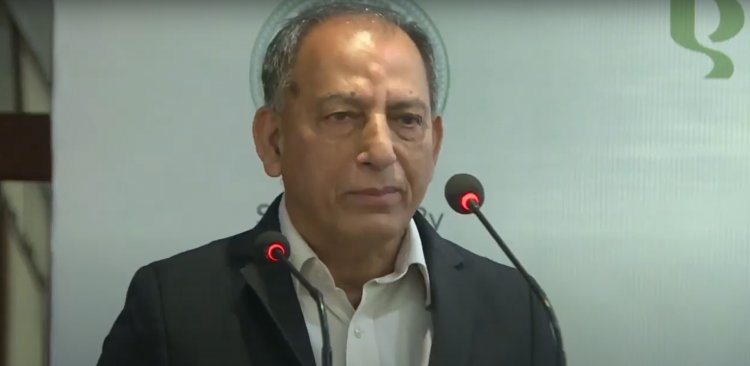
Speaking on “Enabling Policy Environment for Agriculture and Rural Sector” at the Rural Voice Agriculture Conclave and NEDAC Awards 2021 held in New Delhi recently, DN Thakur, President, Sahakar Bharti, began with congratulating Rural Voice for its success on its first anniversary. He said he had been associated with it ever since Harvir Singh, its Editor-in-Chief, conceived it as a seed. “And today I am very happy that this seed has developed into a well-grown tree in just a year.”
The agricultural policy, Thakur said, should be meant for the farmers. “Farmers are the ablest of all. They are the food-givers. How then did they become poor?” The problem, Thakur said, was one of “disconnect”. For example, the government has been going gaga over the FPO policy. “But no farmer knows even the full form of FPO.” Does Ernst & Young, the makers of the policy, know what is going on in the villages?
Thakur talked about his experience at his own remote, flood-affected village in Darbhanga in Bihar. He said, “Bullocks were used for farming and I never saw my father or grandfather complain about farming. Floodwaters were enough. Neither irrigation nor fertilizers were required. They were all atmanirbhar (self-dependent).” But times changed and people quit farming. The land became barren. 50 years of policies destroyed farming in his village. “We had this joke at the Ministry of Agriculture that if Krishi Bhavan shut up shop, farmers would become prosperous.”
A frequent visitor to his own village, Thakur was shocked that the land that gave him three hundred maunds (1 maund = approx. 37 kg) of paddy didn’t even yield 30 kg. He spoke to his villagers and decided to revive farming. “If the village could collect one crore for building a temple, why can’t we revive the temple of farming? The consensus was that 20-25 youths of the village, who were struggling to eke out a living elsewhere, should be brought to the village. “Forget cooperatives, can’t we survive with a collaborative effort?” And now, “believe me, these 25 youths guided by some retired officers do the farming for all of us.” Through digital means, even US-based persons from Thakur’s village can see their farming on the Internet. And none of this involved any government funding.
Thakur also spoke about his experience of canola farming at the village of Rasulpur in Hapur district of Uttar Pradesh. Now, these farmers knew nothing about canola. But being assured that their produce would be purchased at the MSP for mustard, the farmers have successfully produced it. Again, this experiment has carried off without any government funding or grants.
The policy, said Thakur, should be farmer-centric. Merely spending on schemes without keeping farmers at the core will not do. One also has to understand that “there cannot be a centralized agricultural policy.”



 Join the RuralVoice whatsapp group
Join the RuralVoice whatsapp group

















